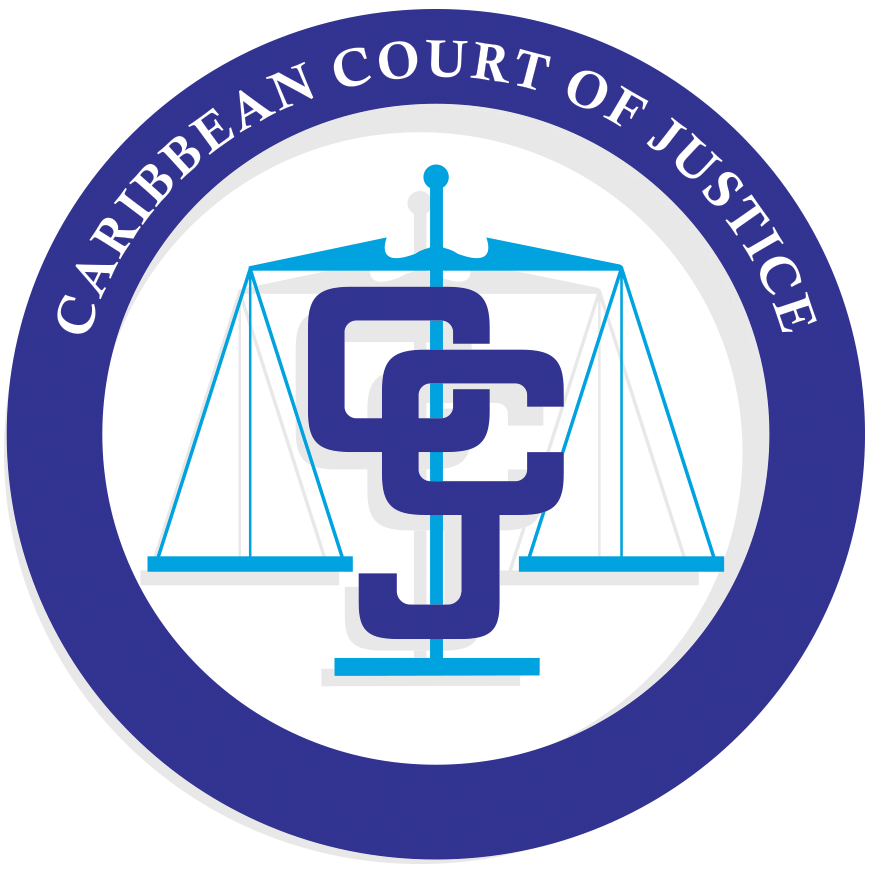Not all case types require the same processes or the same types of resources. Courts have long recognised this and have initiated various methods of differentiated case flow management including the creation of specialised courts and/or specialized divisions.
Specialized courts are those courts which are created with limited jurisdiction in one particular field of law. This jurisdiction is usually exclusive. Types of specialised courts include “problem solving courts” or “treatment courts”, commercial courts, unified civil, criminal and family courts, tax courts, industrial courts, environmental courts, intellectual property courts, small claims courts, traffic courts, drug courts and land courts.
Most of the judiciaries of the CARICOM region face a number of challenges including but not limited to:
- Increasing backlogs.
- Inability to reduce delays.
- Addressing specialized needs of court users.
- Absence of specialized resources to deal with increasing social problems such as juvenile delinquency and drug users.
- Procedures and legislation which inhibit their ability to manage cases appropriately in certain case types for example, the absence of legislative framework to empower criminal caseflow management and to empower specialized handling and management of juvenile cases.
- Limited knowledge sharing among judicial officers and court administrators.
- The absence of specialized court professionals.
Differentiated case flow management through the introduction of specialised courts/divisions will assist judiciaries by introducing administrative and judicial case flow management processes and procedures designed to reduce backlogs and delays. Specialized courts help in improving the decision making process by allowing experts to deal with specific cases which require specific expertise, the judicial officers who adjudicate in these courts are specialists in the relevant field of law.
Specialised court/divisions provide the support resources specifically geared towards addressing particular types of cases and particular types of customers and their processes and rules that are less generalised allowing for greater efficiencies to be achieved. Further, as the judicial officers hear specialised cases, they are focussing on similar type law repeatedly with the resultant effect of decreasing the number of judge hours to decide each case. The number of appeals from specialised courts is usually far less than if these matters are dealt with in general courts.
The JURIST Project recognises that depending on legal issues of jurisdictions, questions of workload and the effective use of resources, in many instances, it is prudent to create specialised divisions of existing courts instead of specialized courts. Mindful of these issues the project will seek to increase the limited use of differentiated caseflow management either through:
- the development of courts which hear specific types of cases or
- specific types of processes and management, which are more efficient, responsive and suitable to the needs of court users.
The JURIST Project will develop guides to the creation of various types of differentiated caseflow management methods and to the various types of specialised courts inclusive of staffing models and requirements, sample structures, special design principles and training plans and sample workflows and processes. In selected courts, differentiated caseflow management will be implemented and in selected jurisdictions, the implementation of specialised courts/ divisions will be undertaken.
All JURIST Project Tags
antigua and barbuda
bar association
barbados
belize
biennial meeting
cajo
caribbean criminal justice system
ccj
collaborative workshop
consultative meeting
covid-19
curacao
dominica
ecsc
gender equality protocol
gender responsive training
gender sensitive adjudication training
grenada
guyana
hand-over ceremony of equipment
IMPACT Justice Project
jamaica
judicial officers
judiciary of barbados
jurist project
launch of criminal bench book
launch of model sexual offence gudielines
liberty systems
mediation public awareness campaign
mediation training
model guidelines
peewg
public education and engagement validation workshop
refresher mediation training
sexual assault sensitivity training
sexual offence cases
sexual offence guidelines
sexual offences bill
sexual offences model court
somc
st.lucia
st. vincent and the grenadines
training workshop
trinidad and tobago
workshop
WHAT WE DO
Menu
Upcoming Events
No event found!






